Paolo Amoroso
Astronomy, space, Android & Google, retrocomputing, Lisp, Python, coding.
- blog (Fediverse:
@paolo@journal.paoloamoroso.com) - personal site
- GitHub
@amoroso@fosstodon.org
- 32 Posts
- 15 Comments

 5·9 months ago
5·9 months agoLearn to cook (which saves you money) and do all the house chores (including ironing).
An interesting view. But the PET was definitely lower specced than the later 16/32-bit machines usually regarded as workstations.
Yes, possibly.
That’s likely, but I wonder whether any other office workstations were actually developed.
Although it did have an nVidia card, my PC was an otherwise ordinary machine running Ubuntu, not a gaming rig or something custom built.
I love Linux. But I got so exasperated with system updates breaking X-Windows and dropping me into the console with no clue what to do, for some time I intentionally deferred the updates.
I wanted a stable daily driver, so in 2015 I switched from Linux to ChromeOS. Now I’m back to Linux with the Crostini container of ChromeOS and Raspberry Pi OS on a Raspberry Pi 400.
While I don’t downvote posts with emojis I’m most interested in reading tech content, where emojis feel redundant and distracting.

 1·1 year ago
1·1 year agoVokoscreenNG is a screencasting tool that works with Raspberry Pi OS, I tested it on my Pi 400. And it’s also easy to install, just
sudo apt install vokoscreen-ng gstreamer1.0-pipewire.I’ve updated the post.

 391·1 year ago
391·1 year agoLisp, the language that has them all.

 4·1 year ago
4·1 year agoLooks nice indeed, thanks.

 41·1 year ago
41·1 year agoInteresting suggestion but possibly overkill.

 1·1 year ago
1·1 year agoLisp.
It just feels extremely natural to me, so it’s difficult to pinpoint specific features I like. But two such features stand out: the parantheses-based syntax and the extreme interactivity.

 2·1 year ago
2·1 year agoOk grazie. Ma, visto che questa è una situazione universale, ogni qualche mese varrebbe la pena di chiamare il fornitore per provare a variare le quantità.

 1·1 year ago
1·1 year agoI initially got a Z80-MBC2, a Z80-based SBC that runs CP/M and other operating systems, as I had developed an Intel 8080 cross assembler and wanted to run on actual hardware the code assembled with it. It was so fun I got a V20-MBC, an SBC by the same maker that features a Nec V20 (8088 + 8080) and can run CP/M-86.
Both SBCs led me down a fascinating retrocomputing rabbit hole.





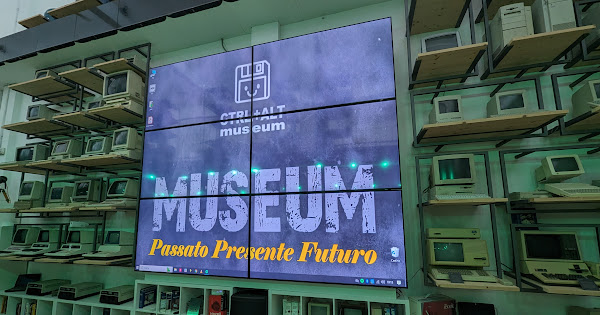
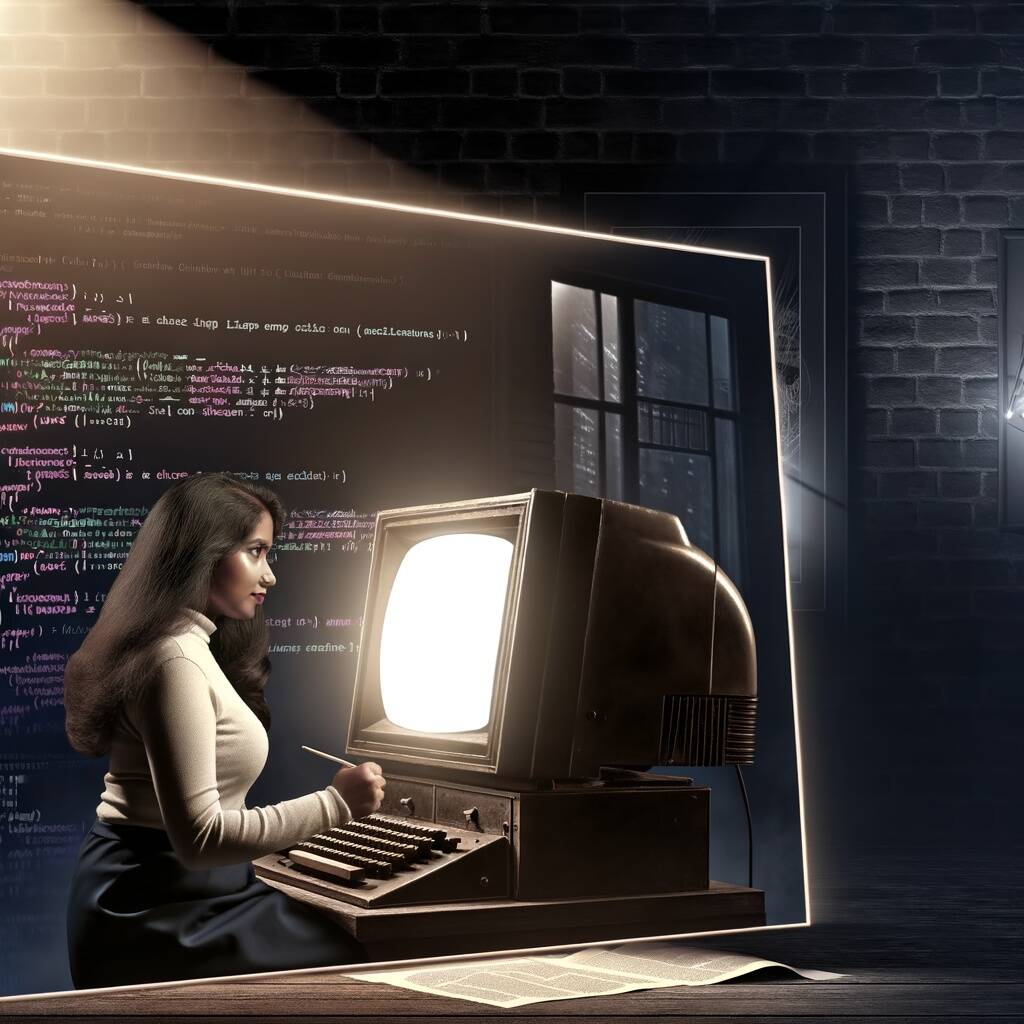

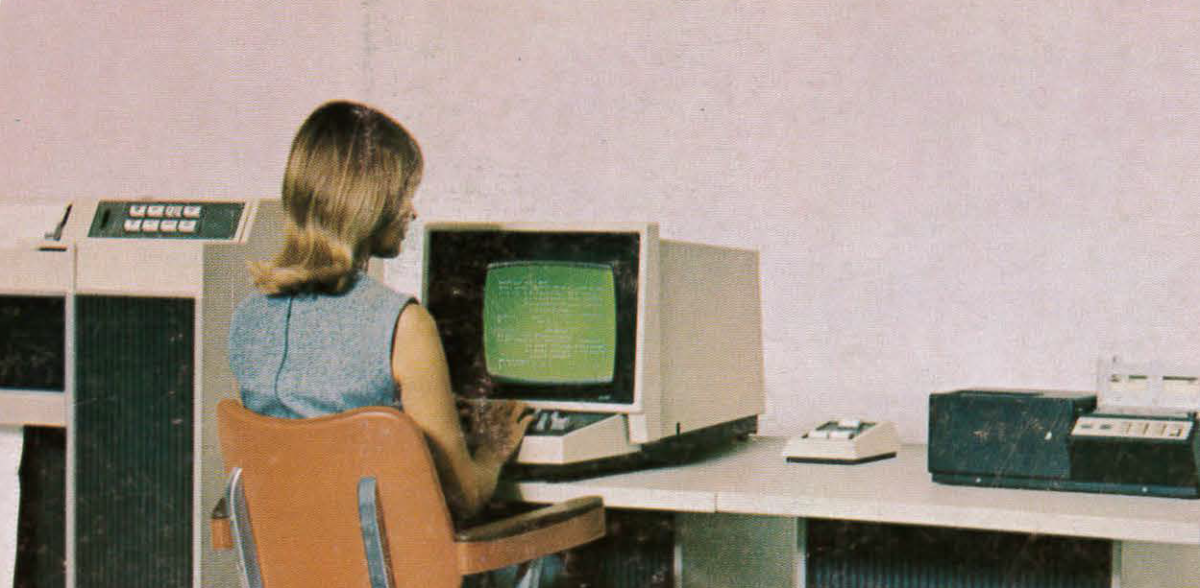

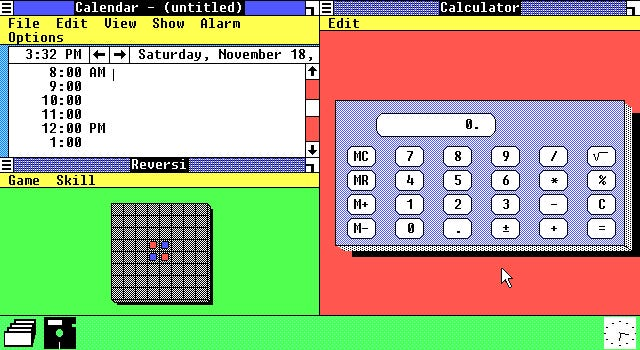
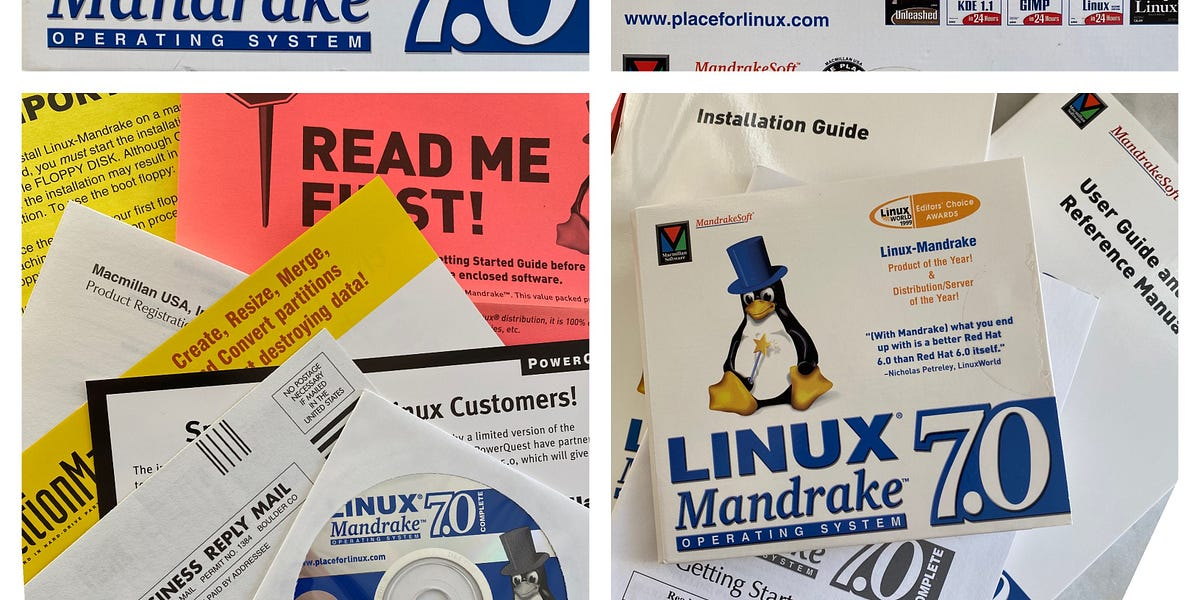
1. What Lisp programming languages do you use?
I use pretty much only languages in the Lisp family. Since I’m a hobby programmer I’m the boss and get to decide what tools to use.
2. What non-Lisp programming languages do you use?
None, at least regularly.
3. What is your favorite Lisp programming language? Why?
Interlisp and Common Lisp because my daily driver is the wonderful Medley Interlisp development environment, which supports both dialects.
4. What is your favorite non-Lisp programming language? Why?
AWK. I love its combination of simplicity, abstraction, control paradigm, and support for rapid development.
5. What is that one thing about your favorite non-Lisp language that you wish to see in your favorite Lisp language?
I wouldn’t necessarily want to see AWK or some of its features in Lisp. Some of these features are already in Lisp and, as for the others, I don’t mind dusting off AWK itself when needed.